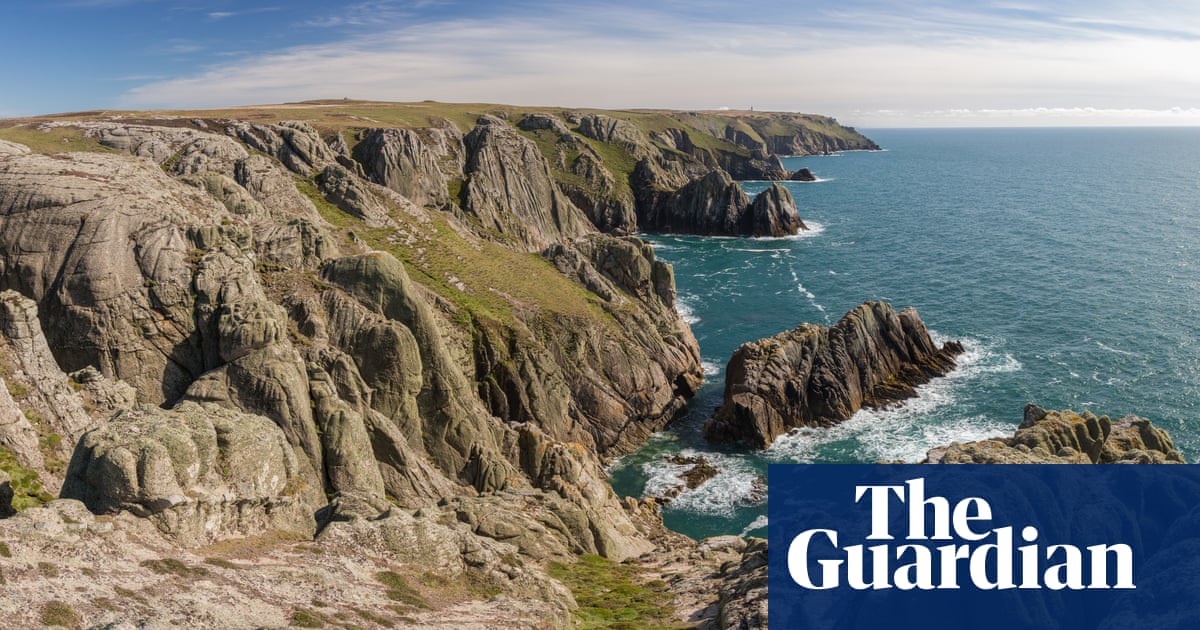The last time we came to Lundy was by ferry from Ilfracombe. The journey took two hours and once we rounded Hartland Point the Atlantic waves rolled in and about 50% of the passengers started vomiting.
This time the MS Oldenburg is in for annual maintenance, so me and a group of six friends are whisked to the island in a small helicopter from the north-western tip of Devon in seven minutes. I don’t miss the vomiting, but I regret not having the sense of temporal acclimatisation to what has been, for much of its history, a slightly different world.
Lundy, three miles long and about half a mile wide, is at the border of the Bristol Channel and the Atlantic. In Welsh mythology it is one of the gateways to Annwn, the otherworldly realm also known as Avalon. Eleven miles off the Devon coast and often obscured by fog, it has tugged on mainlanders’ imaginations for centuries. Its history can be summed up as a succession of eccentrics, ranging from the murderous to the more benign, trying to build little empires here.
The island’s geography – dramatically twisted granite cliffs reaching over 100 metres high – lends itself to a sense of impregnability. There is just one landing point, near a rocky bay called the Devil’s Kitchen. In the early 1600s, Moroccan pirates used Lundy as a base from which to raid West Country ports. A century later, a tobacco smuggler and duplicitous MP called Thomas Benson imported convicts here from the mainland to use as his private slaves.
In 1836 the island was bought by William Hudson Heaven with the money he had received as compensation for the emancipation of enslaved people on his plantation in Jamaica. Ironically, given that history, he declared it a “free island”. He also built an outsize Anglican church and quarried granite from the cliffs. Lundy was jokingly dubbed the Kingdom of Heaven.
A later owner, Martin Coles Harman, also styled himself a king, and was prosecuted for issuing his own currency, in the form of Half Puffin and One Puffin coins. Finally, in 1969, Lundy was donated to the National Trust. The solid granite cottages that comprise its one village were restored by the Landmark Trust, which still manages them now, and the island’s “permanent” population – currently 28 – is largely employed in…
Click Here to Read the Full Original Article at Travel | The Guardian…
